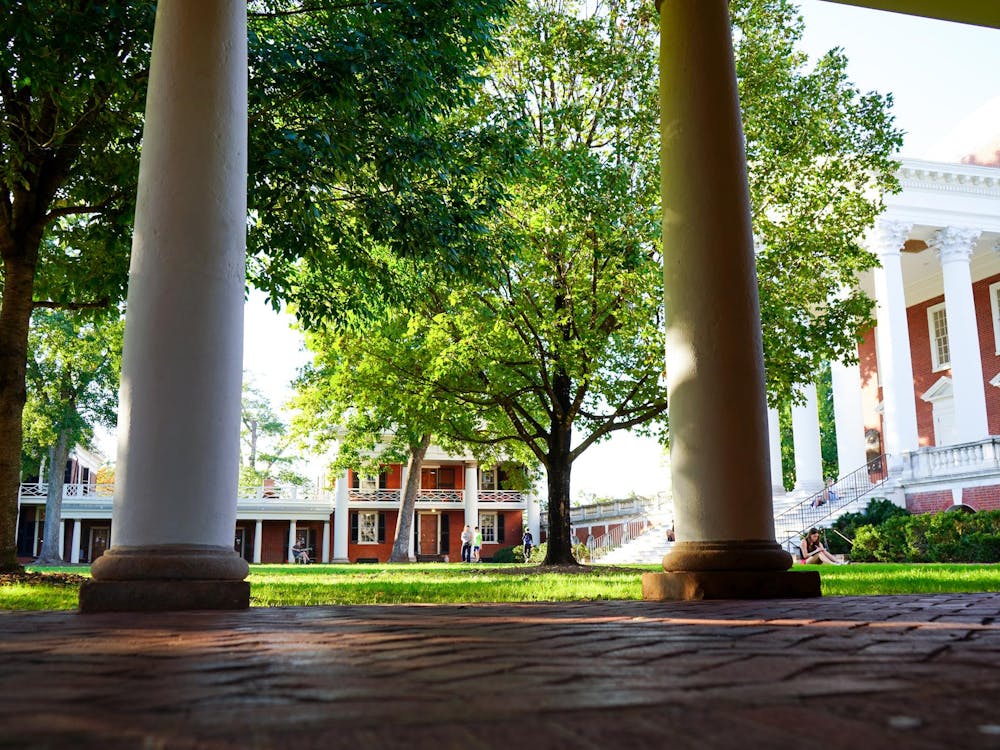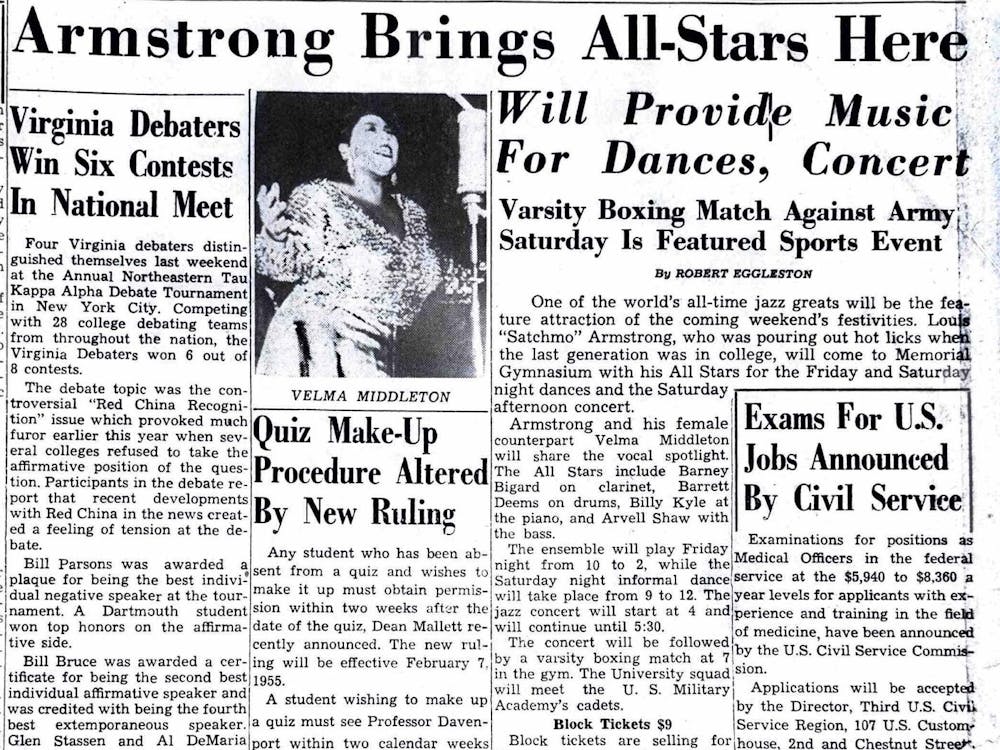The Honor Committee concentrated most of its efforts this semester on improving and increasing its interaction with the student body in hopes of bettering students' understanding of the honor system.
Most recently, the Committee conducted three mock trials in November to help participating students unravel the intricacies of the honor trial process. The three trials were held at three separate locations - one each in the College, Nursing and Commerce Schools - to connect with students across Grounds.
The audiences at the mock trials played the role of the jury while Committee volunteers took on the remaining roles. Each trial saw about 30 attendees, said Danielle MacGregor, vice chair for community relations.
"It was not a huge turnout, but we are trying to engage students about the honor community," she said. "Unfortunately, we don't have many students come to our regular committee meetings on Sundays. These trials helped connect with students at a different time and venue."
Apart from these transparency efforts, the Committee also engaged in debates surrounding the system's procedure.
"We started out with a simple proposal of changing the jury composition, something that might have been a positive change, and it met a lot of resistance," Committee Chair Charlie Harris said. "From that proposition, an intellectual discussion about what we could improve came forth."
The spotlight on the policies caused the Committee to review its definition of the 'intent' clause, one of the criteria to judge an honor offense.
"The Committee is considering changing the definition of 'intent' in order to simplify the trial process for student jurors, who must apply these bylaws to a set of facts," MacGregor said. "It is important to have this clearly defined because honor is evaluated by a jury on the basis of act, intent and non-triviality."
An issue brought to the Committee by Barbara Schaedel, a member of Families for Honor, criticized the honor system's single sanction policy. The group released a document of reform suggestions entitled "Recommendations for Honor Reform with Students' Constitutional Rights."
Among the recommendations was a suggestion to alter the meaning of intent, which stated, "Students testify in honor trials that they have no intent to commit an honor offense but made a mistake. Mistakes are not honor offenses. Intent cannot be proven unless the evidence is concrete, not someone's opinion."
The Committee, while taking issue with feedback not initiated by University students, attempted to address some of the group's concerns, including training honor advisers to point students to psychological resources if they experience stress during the trial process, Harris said. The Committee also agreed to encourage students to involve their parents in the process from the beginning. Families for Honor and the Committee both agreed to have a faculty education module to be advertised next spring and an online student education module that is currently in development, Harris said.
The Committee also attempted to improve outreach to athletic teams and minority groups on Grounds.
Each year, the Committee gives presentations to sports teams about the honor system. This semester, Committee members worked with officials from the athletic department to make the presentations more applicable to athletes.
"Athletics students historically received information about honor through team presentations but were not specifically catered to athletes," Vice Chair for Education McKenzie Furber said. "Working within an athletics schedule and a student schedule creates a unique situation for athletes in terms of his or her academic integrity and work."
In addition, the Committee reached out to minority groups on Grounds - for example, by engaging with the Black Student Alliance.
"We have made a priority of outreach to the student community, being open and receptive to student criticism, and engaging in critical and difficult discussions," Harris said.







